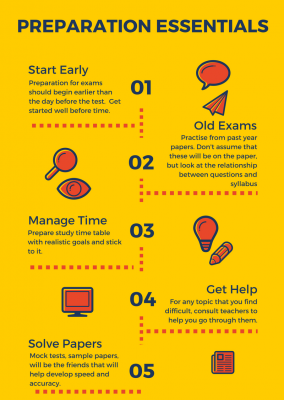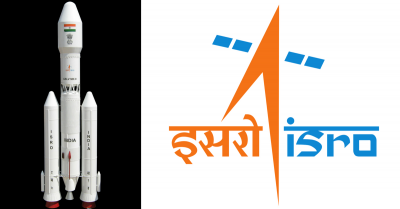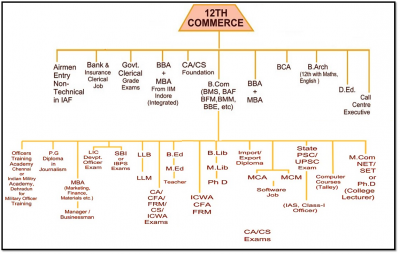
I am studying in class XI. I have opted for non-medical science subjects with a certain objective. I want to be an astronaut or a space scientist and join NASA at any cost. But I don’t have adequate awareness about this field. Can I join IIT in aeronautical engineering, instead of BTech or MTech? I don’t even know which exam to take after class XII to achieve my aim. Should I appear for IIT or BTech? And, do I have to do PhD after IIT? Do I have to appear for any national or international exam for NASA? Which books should I study?
While NASA would be the dream destination of every student interested in space science and astronomy, a graduation in aeronautical engineering or any other related subject does not naturally mean that each and every student will get a place at NASA. It’s a long way to the portals of NASA.
As a science student, you can start your space odyssey by reading literature related to space – magazines, books and websites. Try to take part in every competition and event possibly related to space. Visit the planetarium in your city or nearest to your city. Make your interest in space evident to the authorities and ask them for a calendar of events, so that you get a chance to interact with an authority in this field who might be visiting that planetarium.
By making your interest obvious, your teachers will remember you when the right opportunity strikes. For example, in case of Kalpana Chawla’s alma mater in Karnal, bright students are asked to write an essay on a space-related topic and selections are made for a month-long visit to NASA on the basis of that essay.
In the case of Satvik Agarwal, he spotted an advertisement for the Mars mission in a newspaper, and followed it up on the website. So you see, you have to keep your eyes open and look out for information on all forums.
Why just NASA, at this stage you should be open to any learning programme that a planetarium, science society, university, European space research organisation or our own ISRO, might be inviting you to.
After graduation you could go for a post-graduate course to he US and get into the US mode. Join a university/institute of good standing and take up research work. That is one way of your name becoming familiar in NASA circles. Or else, do your post-graduation, and then, if possible, a PhD in India, and join an organisation of repute ( if possible, ISRO). NASA usually invites scientists on deputation or on full-time basis.
But you should have it clear in mind that being part of NASA does not necessarily mean being part of a space crew. Also keep in mind that being a space scientist does not necessarily mean that you will land in NASA. Other prestigious space organisations are also doing ambitious work. Would you say that ISRO, or the European Space Agency, that recently sent Beagle 2 to Mars, are not prestigious places to work?
You seem to be confused about BTech and IIT. The undergraduate programme in engineering offered by Indian Institute of Technology is called Bachelor of Technology (BTech). Aeronautical engineering is one of the courses offered at the BTech level. So, do not think that if you are doing BTech you cannot join an IIT or do aeronautical engineering. Also, BTech in aeronautical engineering can be done at other prestigious engineering colleges too. And no, there is nothing like an annual written exam for NASA, like IIT-JEE for IIT.
Picture Credit : Google















